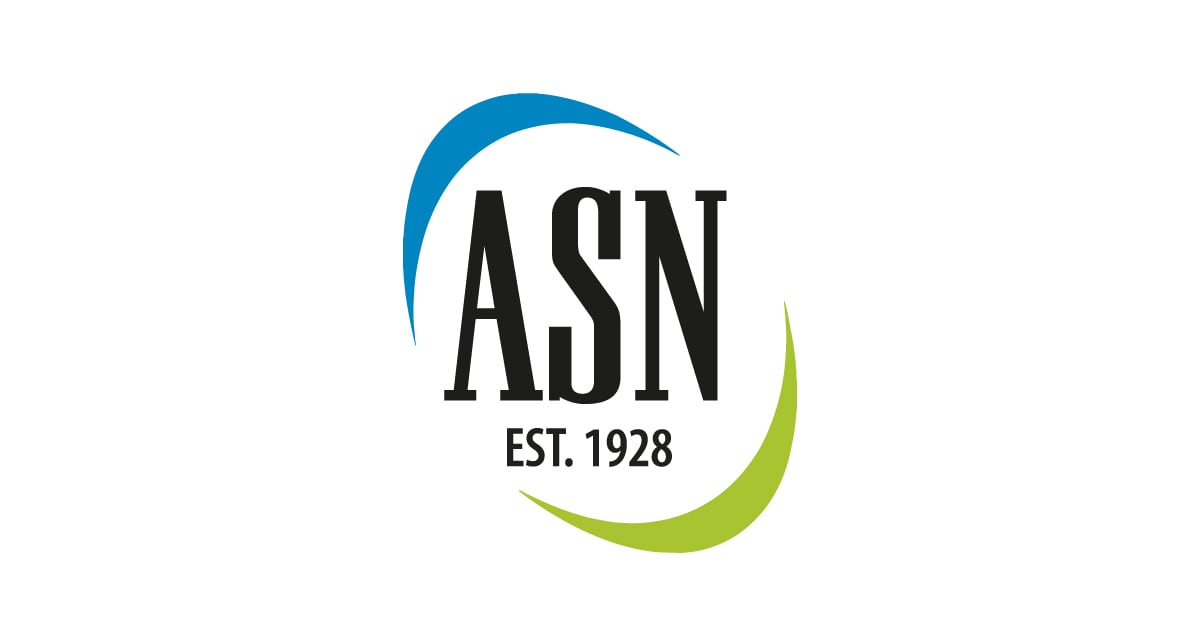By: R. Alex Coots
For scientists, the benefits of nutrition and health research are immediately apparent. It’s easy for us to see how the general public and policymakers alike can benefit from a better understanding of health and nutrition. Few of us would argue that we need less health research or fewer grants, but this is exactly what’s been happening since the NIH budget doubling ended over a decade ago. Decreasing budgets means fewer studies, and fewer studies means less progress on today’s pressing health problems. To help address this problem, I spent a day on Capitol Hill with professors, patients, and other stakeholders to advocate for a more sustainable and predictable funding schedule for health research.
Given the abundance of high quality research institutions in New York, I thought it would be easy to get legislators to support science. How wrong I would be. At best, congressional staff received us with apathy and at worst, hostility. During one particular meeting, an elected representative went so far as to say “All you people want is more and more and more rather than try to make what you have go farther.” And this was said by someone who co-sponsored the 21st Century Cures Act!
What became clear to me during the meetings was that the science profession was not viewed as one that provides answers to today’s most pressing questions; rather, it was viewed as just another (expensive) special interest group. While many scientists do advocate for use of scientific information in the formation of policy, not many of us advocate for the resources we need to carry out our work. Professor Lawrence Goldstein at UCSD has previously advocated for a phone call with each grant written and each grant reviewed. I’d extend this model to include a call with each paper published so that policymakers can hear the scientific progress being made in their district or state. Ensuring that scientific information is used in policy formation is only part of the advocacy battle. We scientists must ensure that our discoveries are limited by our imaginations, not by a lack of grants.




